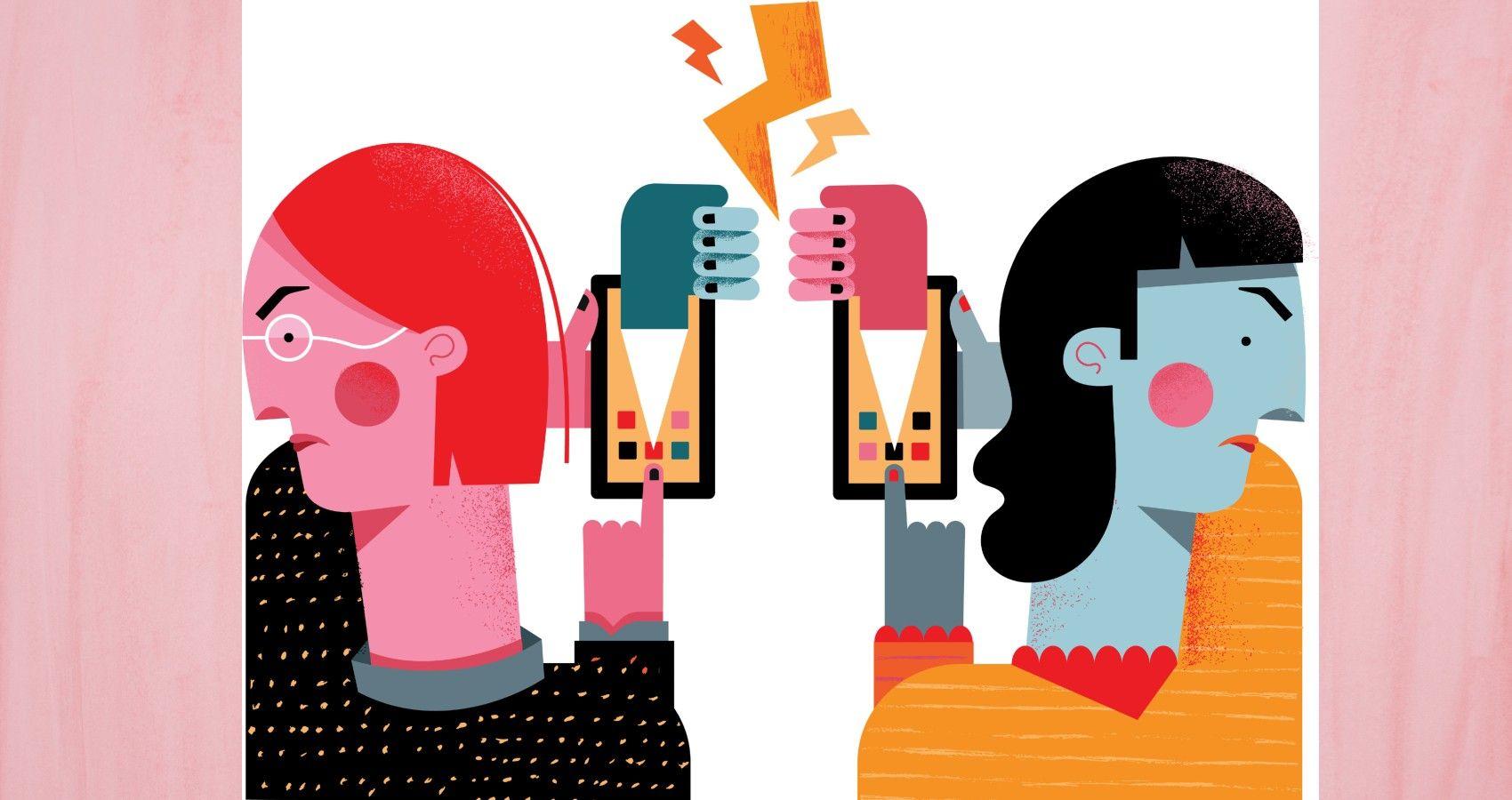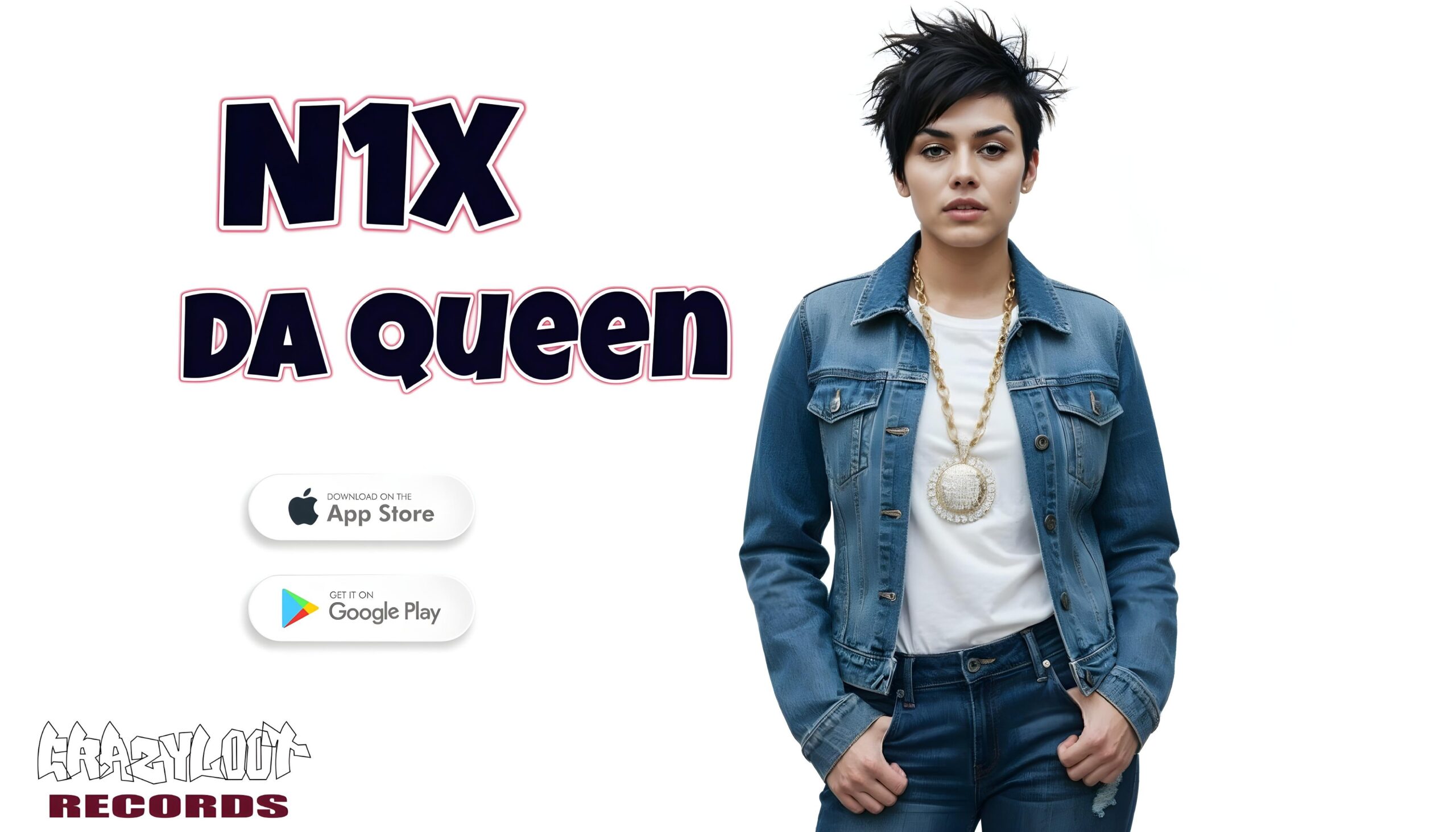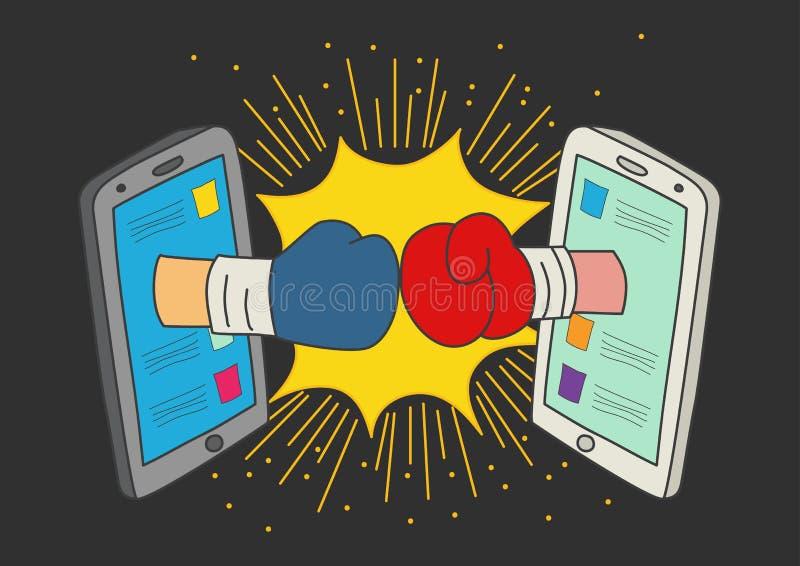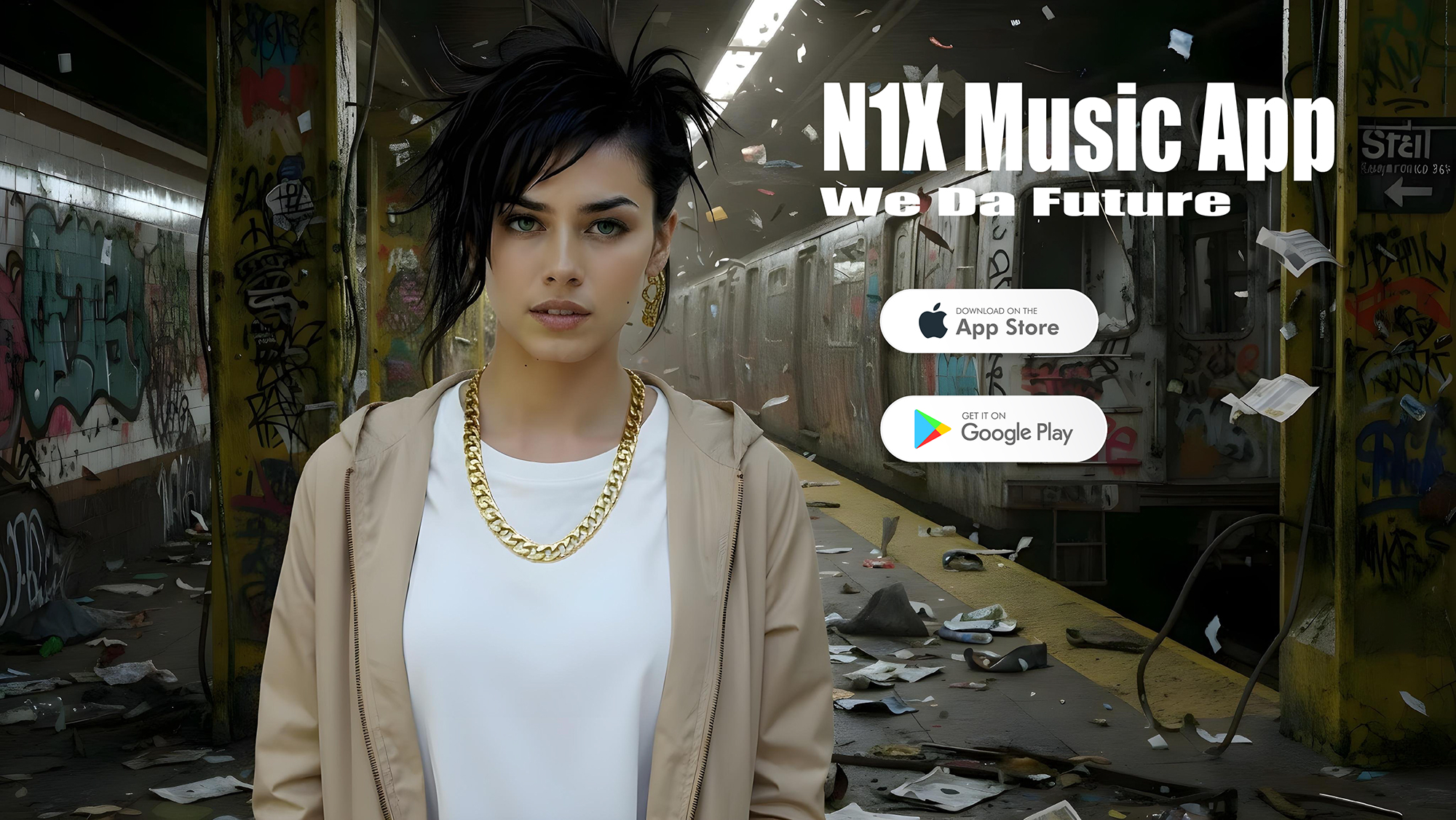
When feuds spill over onto social media
In the age of digital communication, where interactions unfold at the speed of a click, the boundaries of private disputes have become increasingly porous. Feuds that once simmered behind closed doors now spill into the public domain, transforming personal conflicts into high-stakes dramas played out on social media platforms. From celebrity spats to political rivalries, the spectacle of online brawls captivates audiences, raises eyebrows, and often incites fervent debate. But what drives these disputes onto platforms where followers become unwitting spectators? In exploring the phenomenon of public feuds on social media, we delve into the motivations, repercussions, and the evolving nature of conflict in an interconnected world.
Q&A
Q&A: When Feuds Spill Over onto Social Media
Q1: What usually triggers a feud that spills over onto social media?
A1: Feuds can ignite from a variety of sources-misunderstandings, public disagreements, or even jealousy. Often, what starts as a private conflict resonates in the public sphere when one or both parties feel compelled to air their grievances online. Social media, with its instant nature, provides a stage for these conflicts to unfold and attract attention.
Q2: Why do parties choose to address their issues on social media rather than privately?
A2: In many cases, the desire for validation or support from a wider audience can drive individuals to social media. It allows them to frame their narrative, garner sympathy, and potentially rally allies. Moreover, social media can sometimes feel like a natural extension of personal expression, making the public airing of grievances more tempting.
Q3: What are the potential consequences of a public feud on social media?
A3: The repercussions can be multifaceted. On one hand, public feuds might lead to increased followers and engagement for some. On the other hand, they can escalate conflicts, ruin relationships, and even lead to reputational damage. Businesses involved might face backlash from customers or clients who disapprove of their conduct.
Q4: How can individuals protect their reputation while engaged in a social media feud?
A4: Maintaining a level head and refraining from excessive emotional responses are crucial. It’s often wiser to set clear boundaries and avoid direct attacks. Addressing the issue privately first or seeking resolution offline can sometimes prevent further damage. If public engagement is unavoidable, focusing on facts and a respectful tone can help mitigate backlash.
Q5: Are there any benefits to resolving a feud in public?
A5: Interestingly, public resolution can sometimes foster understanding and growth. It can demonstrate maturity and accountability, especially if parties express genuine regret and a willingness to reconcile. This openness can resonate with audiences, turning a negative situation into a positive narrative of resolution and growth.
Meet N1X Da Queen Of A-Pop
N1X Da Queen Of A-Pop Sign up And Enter Her World Streaming Exclusive Music From N1X And Da Super Group Da Queens
Only On N1XMusic.com

Q6: How can the public influence the trajectory of a social media feud?
A6: The audience often has the power to shape perceptions through their comments, shares, and likes. Their reactions can escalate tensions or encourage reconciliation. Public sentiment can sway the parties involved, as they might adjust their behavior based on the feedback they receive from followers and detractors alike.
Q7: What should someone do if they find themselves embroiled in a social media feud they didn’t initiate?
A7: If caught in a feud, it’s imperative to assess the situation carefully. One should strive to remain neutral, resist the urge to retaliate, and consider stepping back from the conversation. Engaging in direct communication with the parties involved may help clarify misunderstandings and de-escalate tensions.
Q8: Do you think social media is ultimately beneficial or harmful for resolving feuds?
A8: The impact of social media on feuds is nuanced. It can be both beneficial and harmful; while it offers a platform for dialogue and support, it can also amplify negativity and exacerbate conflicts. Ultimately, the influence of social media depends largely on how individuals choose to engage with it and the intentions behind their actions.
Closing Remarks
As we navigate the ever-evolving landscape of social media, it becomes increasingly clear that the digital world serves as both a stage and a battleground for personal disputes. What once remained confined to private circles can erupt into public spectacles, reshaping narratives and influencing perceptions. The power of these platforms magnifies voices, turning whispers of conflict into trending topics, often blurring the lines between private grievances and public discourse.
Ultimately, while social media may amplify tensions, it also offers a unique opportunity for dialogue and understanding. As we observe these feuds unfurl, we must remain mindful of the human experience behind the screens-recognizing that every post likely carries the weight of real emotion. Moving forward, let’s strive for a more empathetic approach to conflict resolution, both online and off, fostering a space where disagreements can transform into constructive conversations. In the end, it is this collective responsibility that will determine whether our virtual interactions lead to harmony or further discord.
Are you a content creator or someone with a big social media following?
Want to earn real cash promoting The Queen of A-POP?
Join the N1X Music Promoter Program — it’s as easy as:
1️⃣ Sign Up
2️⃣ Promote
3️⃣ Get Paid






No Comments